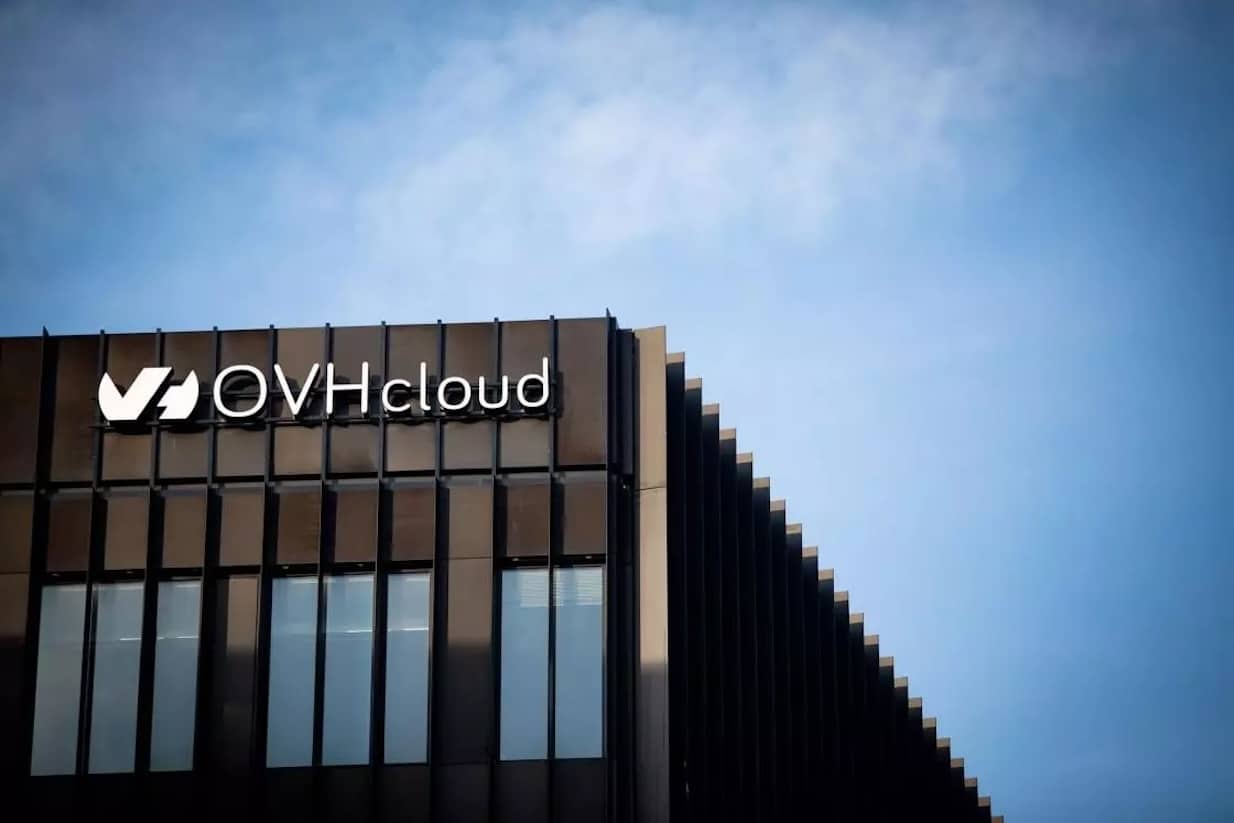Octave Klaba accuses AWS of misrepresenting the legal reality to minimize its exposure to U.S. extraterritorial jurisdiction.
A controversial post from Amazon Web Services (AWS), published at the end of July, has reignited the debate on digital sovereignty in Europe. In an effort to downplay the effects of the CLOUD Act—the U.S. law that allows authorities to access data stored outside the country by companies under its jurisdiction—AWS included OVHcloud as an example of a provider also exposed to this regulation. However, the response from OVHcloud’s founder, Octave Klaba, did not take long to arrive.
“AWS is lying,” Klaba stated on LinkedIn in a post that has already garnered thousands of interactions. “Our structures are legally isolated. It’s an administrative nightmare, but there’s no legal exposure to the CLOUD Act.”
What does the CLOUD Act say?
Enacted in 2018, the CLOUD Act requires U.S.-based companies—along with their subsidiaries—to hand over data, even if stored on servers located in other countries, provided there is a valid court order. AWS argues this regime applies to any company with operations in the U.S., which would include, according to them, firms like the French OVHcloud.
However, this comparison has been labeled as “fallacious” by various legal experts, since OVHcloud has designed its legal and technical architecture precisely to avoid being subject to this kind of extraterritorial legislation.
OVHcloud’s response: “Our entities are separate”
Klaba explained that OVHcloud France and Canada are not subject to the CLOUD Act, and that their U.S. subsidiary operates independently, without access to the data of other group entities. Furthermore, he emphasized that any attempt by U.S. authorities to access data stored outside the country would have to go through mutual legal assistance treaties (MLAT), meaning standard international judicial channels.
“We receive over 2,000 requests daily from different countries to access data. In 100% of cases, these requests are channeled through the appropriate legal processes. We do not grant access without a valid legal order,” Klaba affirmed.
Strategy of confusion by AWS?
Several analysts agree that mentioning OVHcloud in AWS’s blog is part of a communication strategy aimed at diluting the legal uniqueness of U.S. providers, confusing the market and diminishing the importance of digital sovereignty arguments.
According to the media outlet L’Usine Digitale, this tactic aims to “normalize a structural vulnerability” instead of acknowledging it. Rather than admitting that the CLOUD Act only affects U.S. companies, AWS tries to give the impression that “everyone is in the same boat,” which could mislead institutional clients and governments concerned about data location and control.
A tense political context in Europe
The controversy emerges at a time when the debate over European technological sovereignty is highly active. The European Commission has launched several initiatives to promote the development of a “sovereign cloud,” and France—home country of OVHcloud—has been particularly proactive in this area.
A recent conversation between Clara Chappaz, France’s delegate minister for AI and digital transformation, and Brad Smith, Microsoft’s president, highlighted the ongoing tension between European autonomy and dependence on American tech giants.
Reality or exaggeration?
Although AWS insists it has not handed over European customer data under the CLOUD Act since 2020, the very legal obligation to do so breeds mistrust in certain sectors. And while many experts believe the practical impact of the CLOUD Act is limited and mostly pertains to serious criminal investigations, the issue has become a key rhetorical tool in the ongoing battle over cloud control in Europe.
“We respect the laws of each country, even if they are contradictory,” Klaba emphasized. “That’s our commitment, even if it complicates our operational processes.”
What’s at stake?
The core question is clear: Who truly controls the data? And under what jurisdiction is it protected? For many CTOs, CIOs, and digital strategy leaders in European public administrations and enterprises, the answers are becoming increasingly significant.
With a global market share exceeding 30%, AWS dominates the cloud sector, but the debate over digital sovereignty could represent a turning point. OVHcloud and other European players are betting on an alternative: a high-quality technical infrastructure that is also legally independent.

